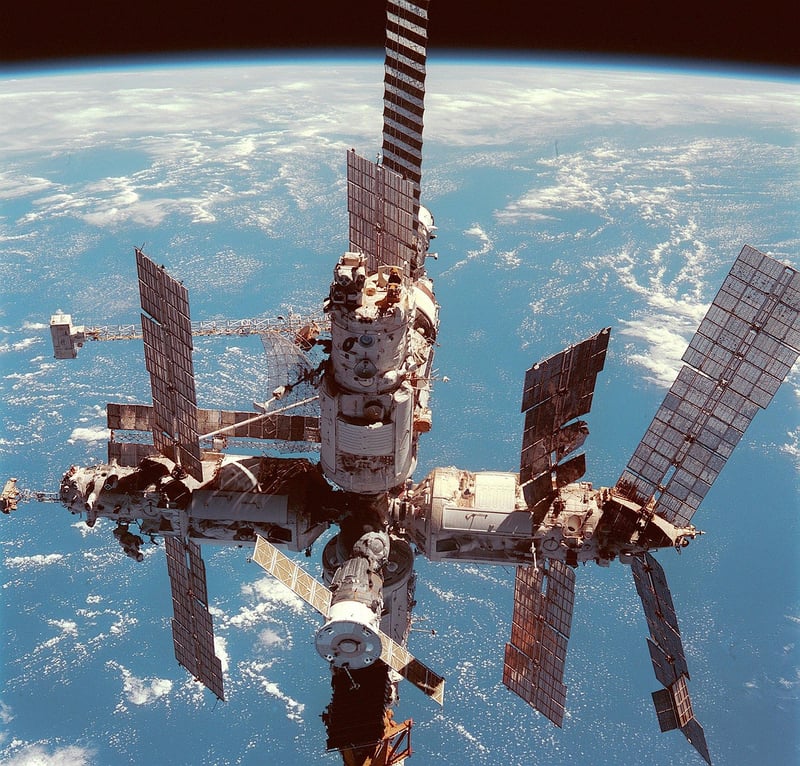Orbital Stations
Pioneering Future Frontiers: Orbital Stations
As humanity looks towards the stars, the concept of orbital stations emerges as a crucial step in our journey to explore and inhabit outer space. These stations, also known as space stations, serve as vital hubs for scientific research, technological development, and even potential future colonization efforts.
The Role of Orbital Stations
Orbital stations play a multifaceted role in advancing our understanding of space and enabling long-term human presence beyond Earth. Some of the key functions include:
- Scientific Research: Conducting experiments in microgravity, studying cosmic phenomena, and advancing various scientific disciplines.
- Technological Development: Testing new technologies, materials, and systems in the unique environment of space.
- Human Health Studies: Investigating the effects of prolonged space travel on the human body and developing countermeasures.
- International Collaboration: Fostering cooperation among nations to achieve common goals in space exploration.
Notable Orbital Stations
Several orbital stations have already left their mark on space exploration, with the International Space Station (ISS) standing out as a prime example of international cooperation in space. Other notable stations include:
- Tiangong Space Station: China's modular space station, designed for scientific research and international collaboration.
- Skylab: America's first space station, operational in the 1970s and paving the way for future endeavors.
- Mir: The Soviet Union's iconic space station, which hosted long-duration missions and valuable research.
The Future of Orbital Stations
Looking ahead, orbital stations are poised to play a pivotal role in upcoming space exploration initiatives. Plans for new stations, such as lunar gateway stations or Mars transit stations, demonstrate our commitment to expanding human presence further into the cosmos.
With advancements in technology, increased international collaboration, and growing public interest in space exploration, the future of orbital stations appears bright and full of possibilities.

Join us as we embark on this exciting journey to pioneer future frontiers and establish a lasting human presence in space through the development and utilization of orbital stations.
For more information on orbital stations and space exploration, visit NASA.
